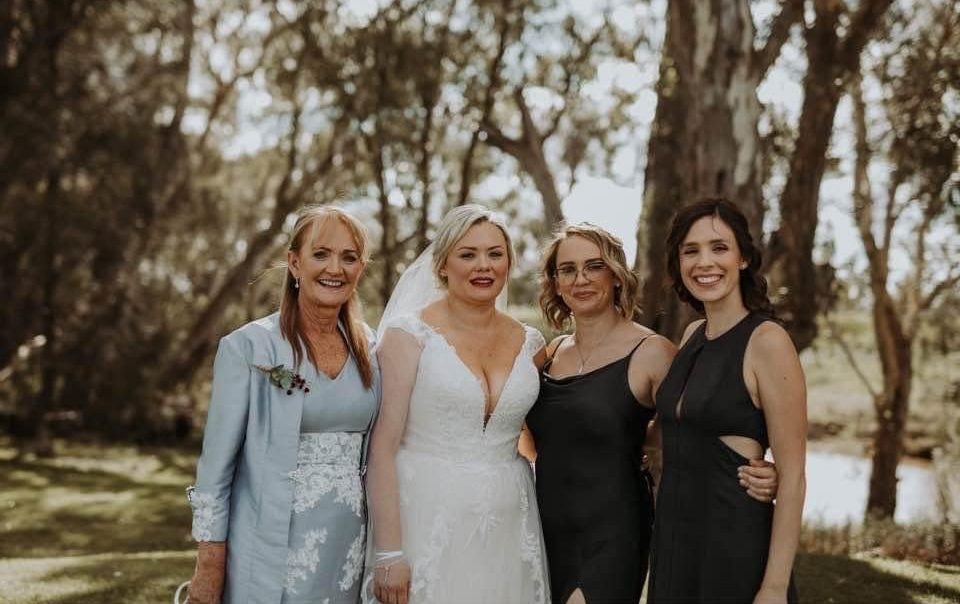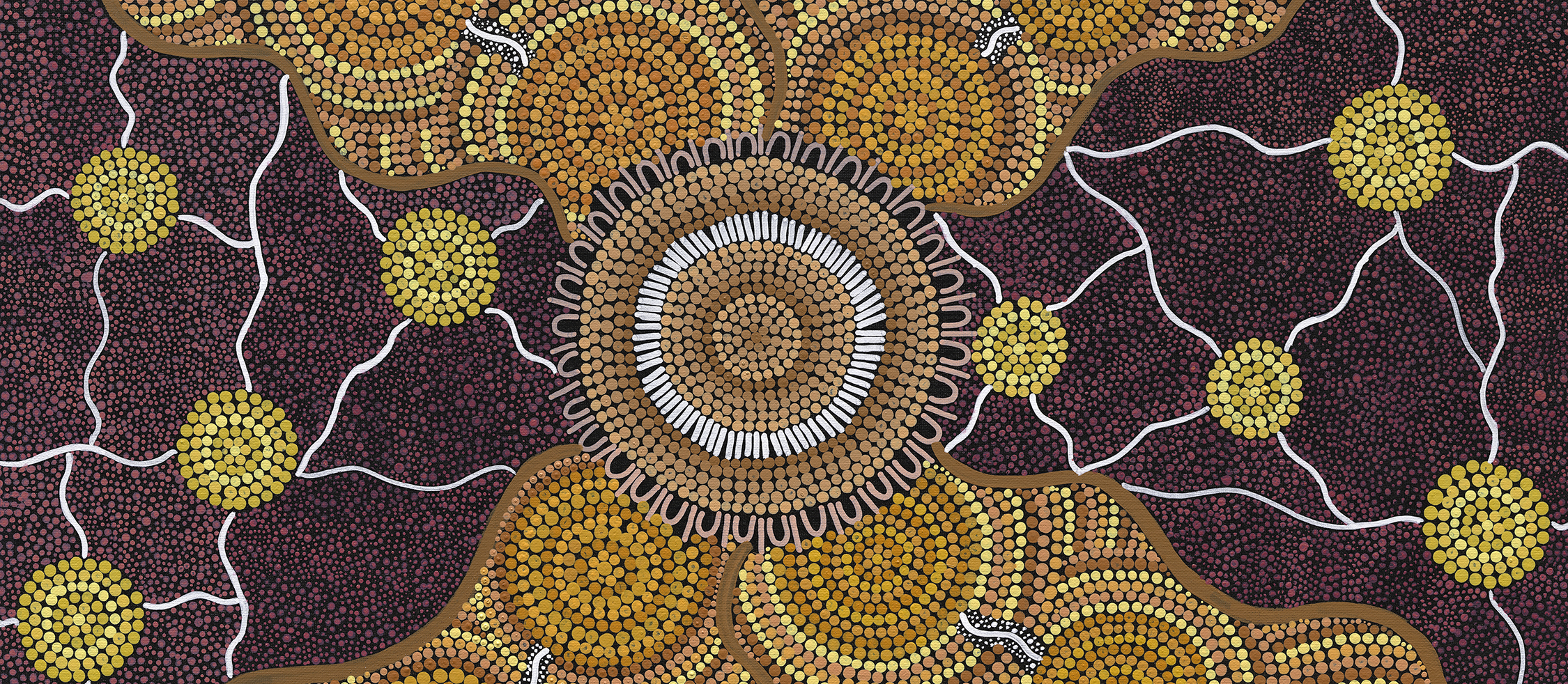Lee-Ann Boyle is a woman of many roles – a proud mother, a registered nurse, an advocate for aged care, and an employee at Juniper. Above all else, identifying as a Wiradjuri woman is her proudest role.
Lee-Ann’s journey as a Wiradjuri woman has not been easy, but her story is a reminder that our cultural heritage is an essential part of our identity.
“When my grandmother was alive, being Aboriginal meant the loss of basic human rights and an inability to live freely and safely. As a result, she lost a part of her culture and identity, which is something that no one should ever have to go through,” Lee-Ann said.
Lee-Ann’s grandmother, who was also a Wiradjuri woman from New South Wales, never spoke about her culture because she was so ashamed.
“My great grandmother couldn’t even take her kids to school because she was so scared about them being taken away from her, because she was dark, and they were light,” Lee-Ann said.
After Lee-Ann’s grandmother died in 1992 she embarked on a journey to learn more about her family’s history and culture so she could have a better understanding of who she was.
“It was hard because none of my great grandmother’s records were kept properly because she was Aboriginal. I searched cemeteries, I travelled to the country, I did everything I could because I needed to know who I was,” she said.
For Lee-Ann, learning about her Aboriginal culture has helped her understand her place in the world and her connection to her ancestors, her community, and the land. It has also provided a sense of belonging, pride and helped navigate the challenges in her life.
“Everything about my culture makes me so proud. I always wondered why I don’t fly well, and it was because I am happier when I am touching the earth. I cherish the Dreamtime and believe that understanding the story behind everything has been crucial for my personal growth,” Lee-Ann said.
Lee-Ann has worked in aged care in different areas of Australia for more than 30 years. She was the first Aboriginal healthcare worker to receive a nursing cadetship.
Her love for her culture and her commitment to learning more has been passed on to her daughters, who have become strong advocates for their Aboriginal heritage.
“It’s so important for my daughters to know their story, and now they are on their own journey. I am proud to be their mother, and even prouder to be a Wiradjuri woman,” Lee-Ann said.
As National Reconciliation Week approaches in 2023, Lee-Ann’s story serves as a powerful reminder of the importance of understanding and embracing our cultural heritage. The theme for National Reconciliation Week 2023 is “Be a Voice for Generations” and encourages all Australians to be a voice for reconciliation in tangible ways in our everyday lives – where we live, work and socialise.

